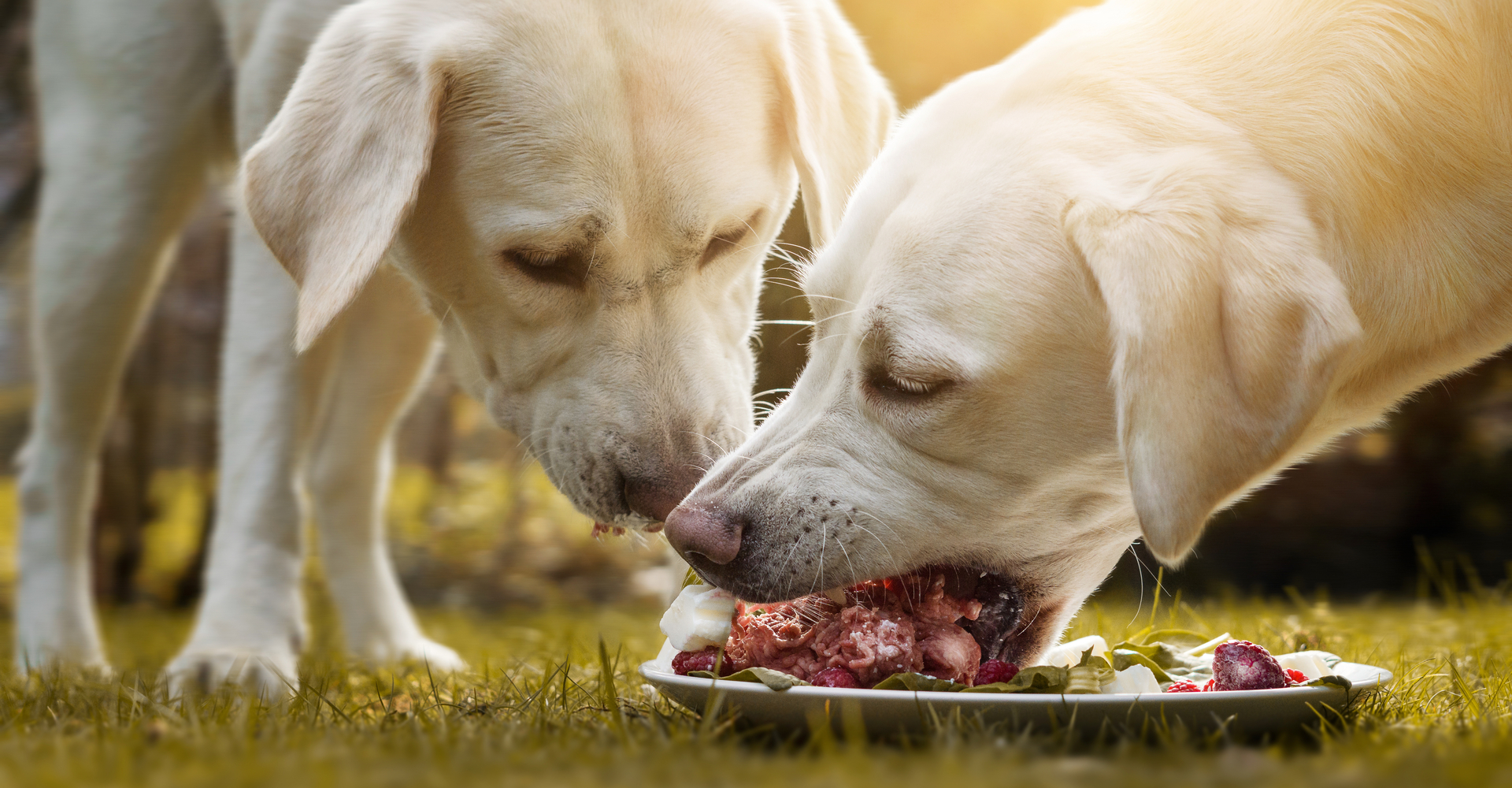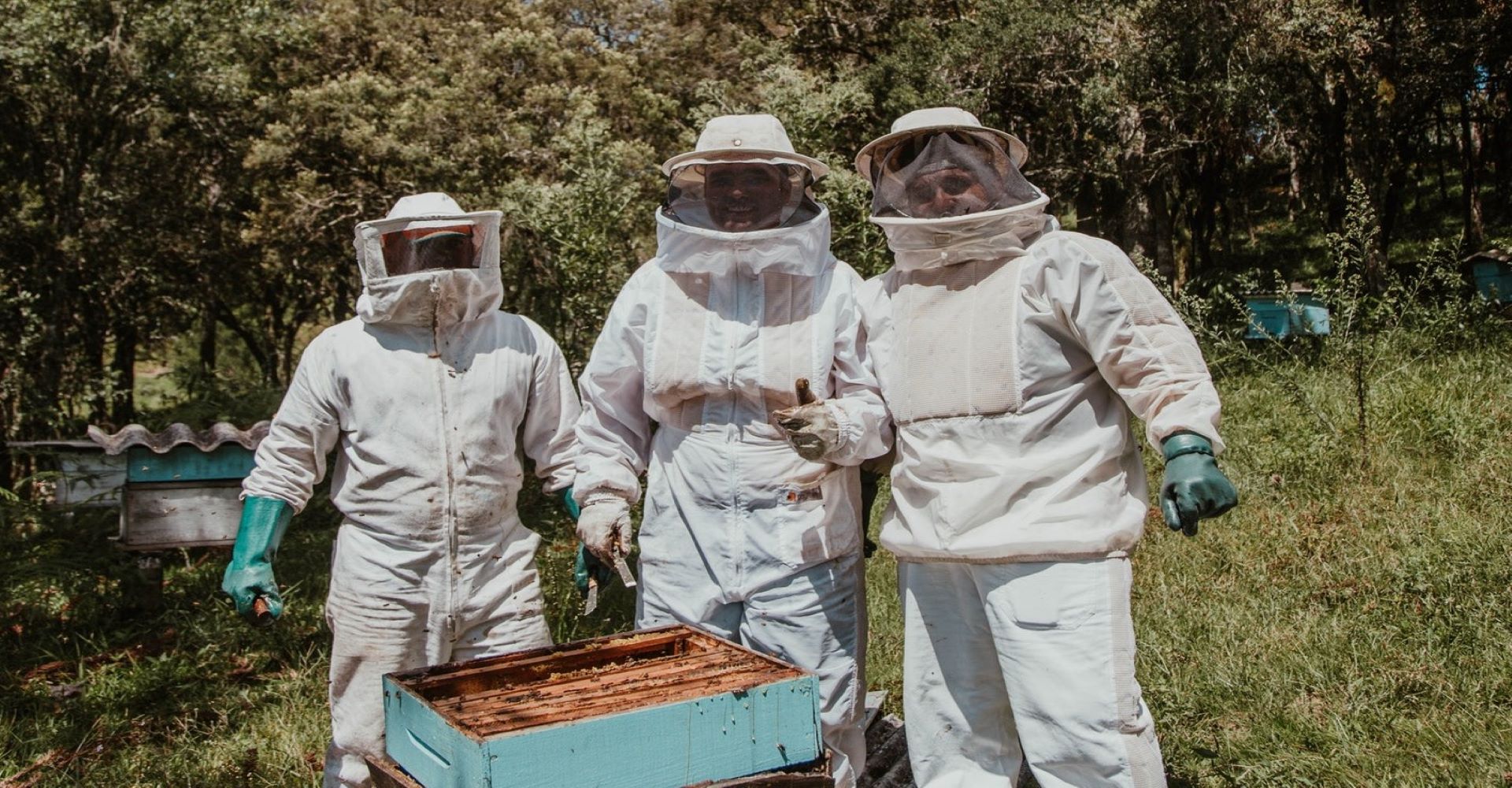The Role of Veterinarians in Helping Honeybees: 3 Things You Can Do
We'd be in real trouble without pollinators, and it's veterinary medicine's job to take care of them. How can veterinary professionals do their...
3 min read
Viticus Group : July 11, 2019 11:00:00 AM PDT

How to approach clients about sensitive topics like raw diets and obesity can sometimes be a challenge. Dr. Donna Raditic gives helpful tips about how veterinary professionals can have better discussions with clients about their pets' nutrition and diet.
A recent survey done at Virginia-Maryland College of Veterinary Medicine and Virginia Tech showed that of the 2,171 pet owners who completed the survey, 804 are feeding their pet a raw diet. Only 9% of those owners consulted their veterinarian when making that decision. Even more unsettling, these pet owners report lower levels of trust in veterinary advice both “in general” and “with respect to nutrition” than pet owners not feeding a raw diet.
Most pet owners in this survey reported that a discussion regarding their pet’s nutrition does not occur at every standard veterinary appointment. Dr. Donna Raditic, in the Quick Cup of Knowledge video “Nutrition,” inspires us to change that.
Talking to Clients about a Raw Diet
Raw diets can be a hot topic for many passionate pet owners. That’s why some veterinarians tread lightly on the subject during appointments.
Tip: Keep an Open Mind
Dr. Raditic emphasizes the necessity to make pet owners aware of the risks of raw diets while also cultivating trust and respect by keeping an open mind and considering each animal’s individual nutritional needs.
On the one paw, you should make your clients aware of the health risks, including salmonella and listeria. You can direct interested clients to a website like AAHA, which provides educational resources on the topic. Hospitals accredited by AAHA are wary of hospitalizing animals who are fed a raw diet due to the health risks of other patients and hospital staff, as bacteria can be spread from stool for up to a week after ingestion.
On the other paw, we just don’t know what the ideal diet for every animal is. Neither do we know the ideal diet for every human!
Give honest feedback according to what’s best for that animal, but Dr. Raditic also says client respect and an open mind can go a long way with clients who might otherwise make nutritional decisions without consulting you. This way, at least the discussion is taking place.
Talking to Clients about Obesity
Pet obesity is another topic that can be sensitive, but clients need to understand that you want the patient to live a long, healthy life—just as your client does.
Tip: Have a Sense of Humor
Have a sense of humor about approaching the subject; it breaks the ice and bonds that client to you as you laugh together. What’s better at getting you through an awkward or touchy conversation than laughter?
Dr. Raditic, when speaking to a client with a pet who has weight problems, good-humoredly says, “Your dog is fat! And guess what—I’m getting fatter too!” What follows is a light-hearted mutual lamentation of “Oh yeah, I am too!” and “I just wish I had my 20-year-old body back . . . ,” and so on.
The most important part of the conversation happens next, when you make a connection with your client about your shared goal of keeping the animal healthy and giving it a better, longer life.
Assure your client of the many health risks associated with being overweight or obese—orthopedic osteoarthritis pain, skin problems, bladder issues—and that you’re there to help avoid all that.
Being Efficient
Most likely, the reason more veterinarians aren’t talking about nutrition with their clients in every appointment isn’t merely due to fear of offending them, but due to time constraints.
Tip: An Appointment All about Nutrition
For those clients who are passionate or have questions, setting up another appointment dedicated to a discussion of nutrition may be the thing they need.
Find the veterinarian or veterinary technician with a passion for nutrition, educate them, and make them the go-to expert in your clinic. Send interested clients to them for nutritional assessments and special appointments.
This will save you time, make it a group effort, and make it more likely for your clients to trust the knowledge they receive.
Tip: Nutrition Information Form
Dr. Raditic also suggests that you have clients fill out a form before the appointment that answers some basic nutrition questions. This saves you the time spent in asking these questions and familiarizes you with what your patient is eating to have a more in-depth discussion.
Get Talking
The main takeaway is to make nutrition a priority in your conversations with clients. Getting these discussions out on the table will increase client trust in veterinarians and lower the number of cases like the ones seen in the survey described above.
Embracing the challenge, Dr. Raditic says, made her a better veterinarian. This principle will elevate your client relations and, most importantly, patient care.
Stay in the Know!
Click the link to subscribe to our YouTube channel or check out our Resource Library full of great podcasts, videos, and digital downloads!
Disclaimer
Content may contain advertising and sponsorships. Advertisers and sponsors are responsible for ensuring that material submitted for inclusion is accurate and complies with applicable laws. We are not responsible for the illegality or any error, inaccuracy or problem in the advertiser’s or sponsor’s materials.
Advertising and sponsorship material and/or opinions are not are not a reflection on Viticus Group.

We'd be in real trouble without pollinators, and it's veterinary medicine's job to take care of them. How can veterinary professionals do their...

On March 23, eleven veterinary leaders gathered and collaborated during an online summit organized by Viticus Group to inform the veterinary...

Throughout the world, thousands of lives are still lost every year due to rabies. In honor of World Rabies Awareness Day, let's encourage education...